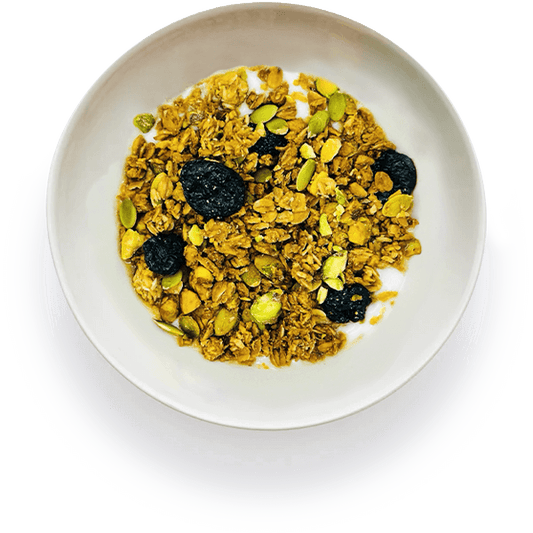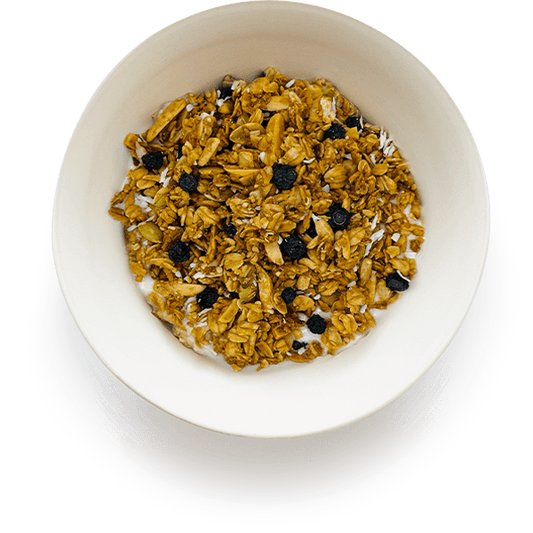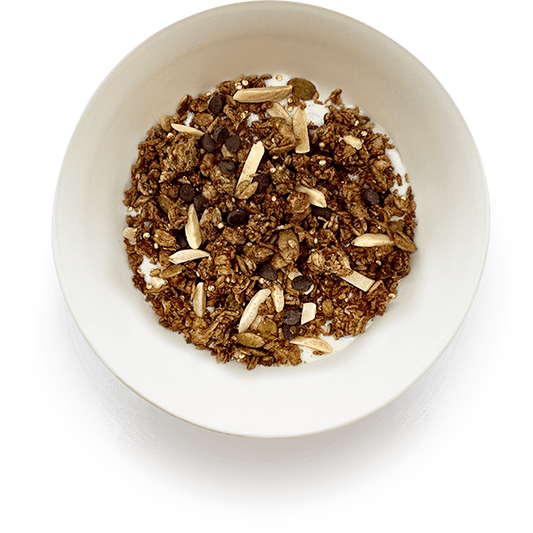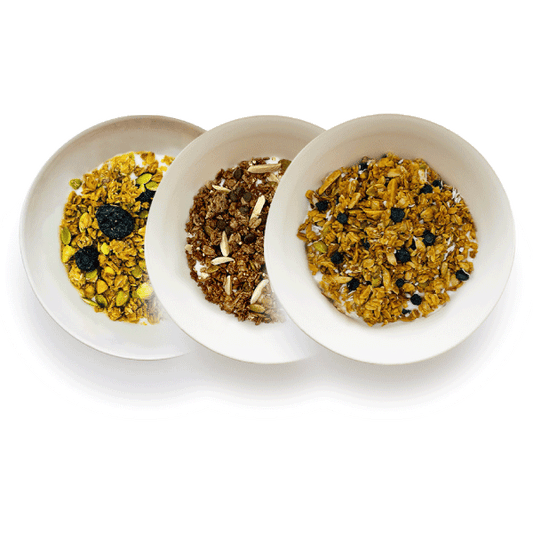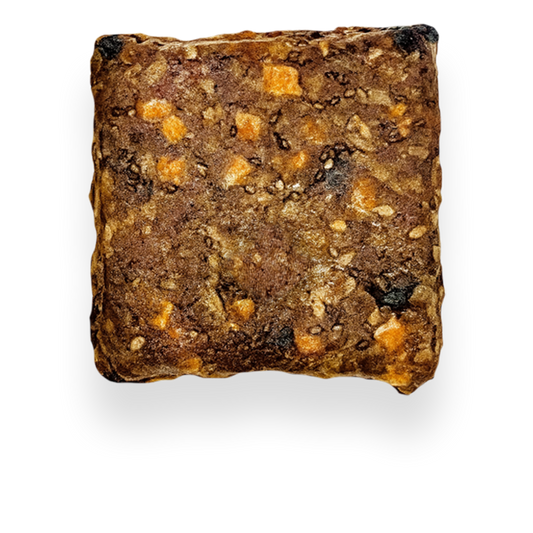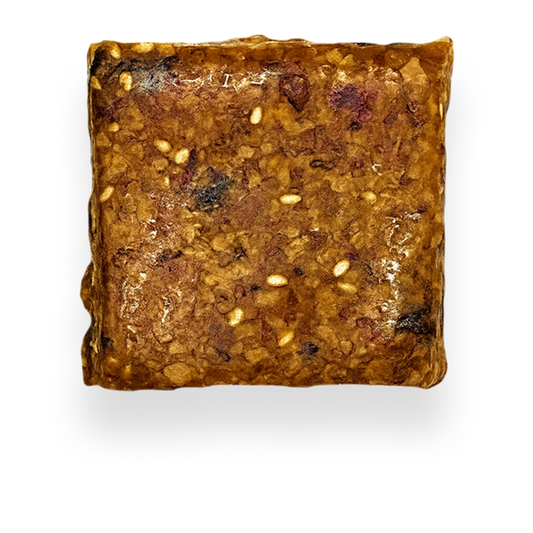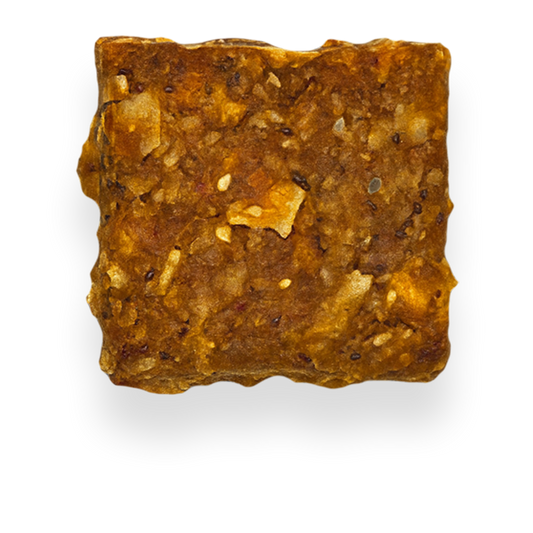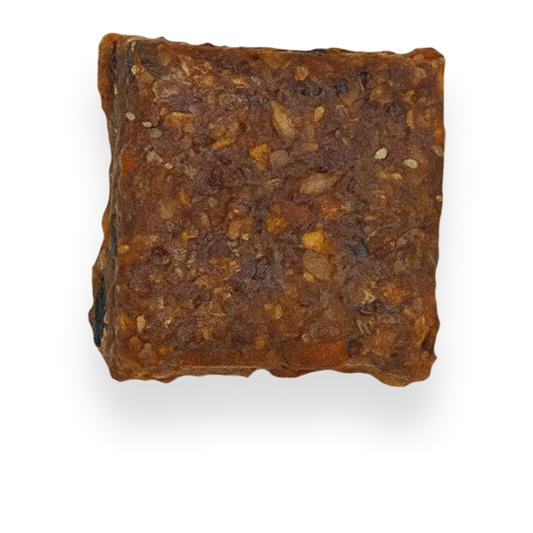How to Build a Sustainable Nutrition Plan That Lasts — Not Just Another Diet
By FireRoad Life
We’ve all been there: start a new diet on Monday, feel amazing by Wednesday, then crash hard by Saturday.
Suddenly, the “plan” feels more like punishment, and the old habits sneak back in.
If that sounds familiar, here’s the truth: you don’t need another diet.
You need a nutrition plan that actually fits your life — one that doesn’t fall apart the moment work gets crazy or you skip a meal.
Let’s talk about how to build something that lasts.
Stop Focusing on “Dieting”, Start a Flexible Meal System
A diet is temporary. A system is sustainable.
Diet says: “You can’t eat that.”
On the other hand, a system will say: “Here’s how I’ll eat most of the time, and here’s how I’ll adjust when life happens.”
When you view food as part of a bigger routine — not something you have to control — you stop feeling guilty every time you “slip.”
Because you’re not failing a diet, you’re just living your life within a flexible system.
Focus on Consistency, Not Perfection
Perfection is the enemy of the good, including in your diet and meal planning.
You don’t have to overhaul your entire kitchen to meet a strict diet routine. You can always start small and adjust or adapt accordingly.
Pick three non-restrictive goals this week. For example:
-
Add one more vegetable to a meal each day.
-
Have one plant-rich meal daily (try swapping in lentils, beans, or tofu).
-
Choose a convenient meal that fits your nutrition goals instead of skipping or settling for junk.
That’s it. Tiny wins build trust — with yourself and your body.
Balance Without Obsession

A sustainable eating plan balances the big three: nutrition, enjoyment, and flexibility.
If you’re eating well but miserable, it won’t be sustainable. But if you’re flexible but have zero structure or a meal system, it won’t work either.
Here’s a better mindset: Eat nutrient-rich food most of the time, enjoy the occasional treat without guilt, and make sure your meals give you energy instead of draining it.
A few simple habits make this easier:
-
Eat foods you actually like.
-
Prep some basics (protein, grains, veggies) once a week.
-
Keep backup options for busy days — more on that below.
Convenient Healthy Options for Busy Days
Life doesn’t stop, so you can cook perfectly balanced meals every day. And that’s okay.
When you’re slammed with work or travel, having ready-to-eat, balanced meals can make the difference between staying on track and grabbing fast food.
That’s why I always keep a few Whole Food Energy Bites on hand or Harvest Bowls ready to prep from the fridge. They’re nutrient-dense, travel easily, and save you from the “I’ll just skip lunch” trap.
And for lighter days, Granola with yogurt or milk is a simple, no-stress option that doesn’t derail your plan.
It’s not about relying on products — it’s about using tools that help you stay consistent.
Make Fiber the Foundation
You don’t need to go fully plant-based, but plant-forward eating is one of the easiest ways to create a sustainable plan.
Plants give you fiber, vitamins, antioxidants, and steady energy.
Try this easy rule of thumb:
-
Half your plate = plants.
-
A quarter = protein.
-
A quarter = carbs you love (yes, rice counts).
Add healthy fats like avocado, olive oil, or nuts, and you’ve got balance — without counting calories or macros.
Don’t Demonize Comfort Food
You’re not “bad” for eating pizza. You’re not “good” for eating salad. Food isn’t a moral issue — it’s fuel and pleasure and culture all rolled into one.
If you can remove guilt from eating, you’ll naturally make better choices over time because you’re doing it from awareness, not punishment.
Slow Progress Sticks
Building a sustainable nutrition plan isn’t easy, but it works.
It’s not about detox teas, 30-day resets, or cutting everything you enjoy. It’s about slow progress that actually sticks.
So next time you’re tempted to follow suit to a new diet trend you found online, ask yourself: “Can I see myself doing this six months from now?”
If not, it’s not sustainable.
Final Thought
A lasting nutrition plan feels flexible, not forced. It lets you eat well without obsessing and adapt without guilt.
So build your system around small, doable habits — meals you enjoy, routines that support your life, and a few ready options for the busy days.
Because the best plan isn’t the strictest one.
It’s the one you can actually live with — and maybe even enjoy.
The information on this website is for informational purposes only and not intended as a substitute for professional medical advice, diagnosis, or treatment.
Always seek the advice of your physician or other qualified health provider with any questions you may have regarding your health, diet, or any medical condition.



